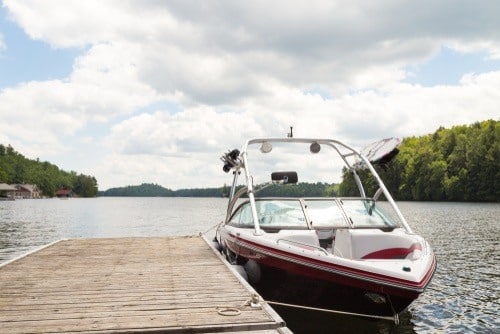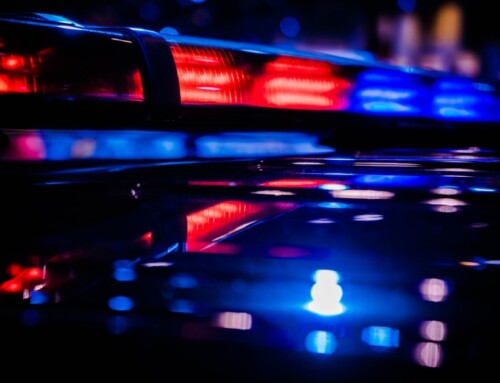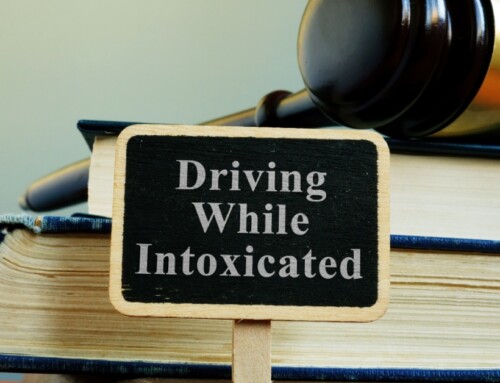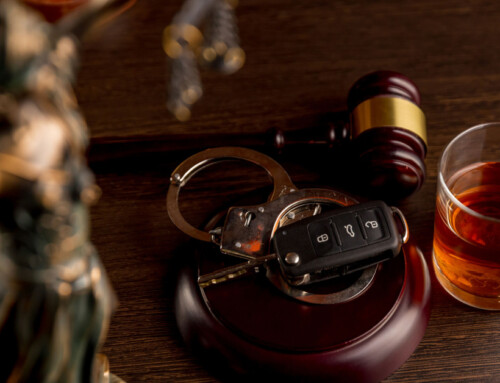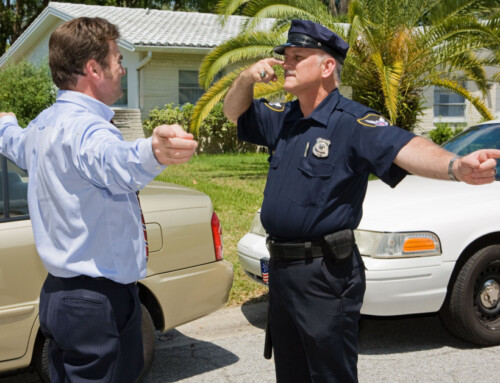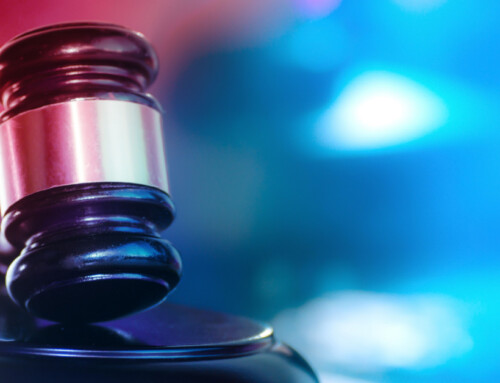Charleston’s harbor and the surrounding waterways are heavily patrolled, especially during the Summer months, and there is a good reason why. While most local boaters operate their vessels safely, there are many reckless boaters, including boaters who choose to drink at the helm.
Of course, not everyone accused of boating under the influence (BUI) is guilty of a crime, just as not everyone arrested for driving under the influence (DUI) is a drunk driver. If you face a BUI charge, you need to have a clear understanding of the risks involved in your case, and you must speak with a local criminal defense attorney promptly.
What is Considered Boating Under the Influence (BUI) in South Carolina?
Boating under the influence is prohibited under the South Carolina Boating and Safety Act of 1999 (the “Boating and Safety Act”). Specifically, Section 50-21-112 states:
“It is unlawful for a person to operate a moving motorized water device or water device under sail upon the waters of this State while under the: (1) influence of alcohol to the extent that the person’s faculties to operate are materially and appreciably impaired; . . . or (3) combined influence of alcohol and any other drug or drugs, or substances which cause impairment to the extent that the person’s faculties to operate are materially and appreciably impaired.”
While many BUI cases involve accidents on the water, you do not have to cause an accident to be charged with BUI. In fact, if you are charged in connection with an accident, then you can face enhanced penalties under Section 50-21-113. This section of the Boating and Safety Act makes it a felony offense to cause an accident while operating a moving vessel under the influence of alcohol if the accident results in:
- Great bodily injury to another person (defined as “bodily injury which creates a substantial risk of death or which causes serious, permanent disfigurement or protracted loss or impairment of the function of any bodily member or organ”); or,
- Death of another person.
If you cause a fatal boating accident while drunk, you can also be charged with “reckless homicide by operation of the boat.” This is a severe offense that carries up to 10 years of imprisonment, a $5,000 fine, and loss of your boating privileges for five years.
Do You Have To Submit to a Breath Test or Field Sobriety Tests on the Water?
Like South Carolina’s “implied consent” law for submitting to a breathalyzer test if you are pulled over on suspicion of drunk driving, Section 50-21-114 of the Boating and Safety Act requires boaters to submit to a breath test when stopped on suspicion of BUI. The law states:
“A person who operates a water device is considered to have given consent to chemical tests or analysis of his breath, blood, or urine to determine the presence of alcohol . . . is arrested for an offense arising out of acts alleged to have been committed while the person was operating or directing the operation of a water device while under the influence of alcohol . . . .”
Refusing a breath test is a violation of Section 50-21-114, and it can result in an automatic 180-day suspension of your boating privileges. It also creates a presumption that you knew you were intoxicated and chose not to take the test to avoid having your blood alcohol concentration (BAC) used against you in court.
Unlike the breath test, you are not required to submit to field sobriety tests—which are referred to as the “Afloat Test Battery” on the water. As a result, it is generally best to politely refuse the Afloat Test Battery if asked. If you have already been charged and you consented to the Afloat Test Battery at the time of your arrest, there are various ways that you may be able to challenge your performance on these tests, and you will need to discuss the details of your arrest with your attorney to determine what defenses you have available.
What Are Some Possible Defenses to BUI Charges in South Carolina?
In addition to challenging your Afloat Test Battery results (if you voluntarily submitted to these tests), there are numerous other ways to defend against BUI charges in South Carolina as well. To identify the defenses that you can use based on your particular case’s facts, you will need to speak with an attorney once again. Some examples of possible defenses to BUI charges in South Carolina include:
- You were not “operating” a boat – It is not illegal to be intoxicated on a boat; rather, it is illegal to “operate” a boat while intoxicated. Even if you were under the influence on the water, you are not guilty of BUI if you were not operating your vessel.
- Your boat was not “moving” – South Carolina’s BUI law only applies to the operation of a “moving motorized water device or water device under sail.” If you were docked or anchored, this might provide a complete defense to your BUI charge.
- You were not “under the influence” – To prove a BUI charge, prosecutors must show more than the simple fact that you were drinking while operating a moving vessel. They must also show that you were “under the influence” behind the helm. While your BAC and Afloat Test Battery results are possible evidence against you, there are ways you may be able to keep these out of your case, and they are not necessarily proof positive of BUI.
- Your boat was stopped or searched illegally – The Constitutional protections that apply on land apply on South Carolina’s inland waterways as well. If you were stopped or searched in violation of your Fourth Amendment’s rights, then the state’s evidence against you may be inadmissible in court.
Are You Facing a BUI Charge in the Charleston, SC Area?
Have you been arrested and charged with BUI? If so, you should discuss your situation with an attorney immediately. To speak with Charleston DUI Lawyer Rad S. Deaton in confidence, call 843-225-5723 or tell us how to reach you online now.

